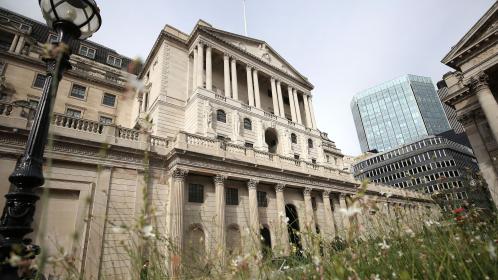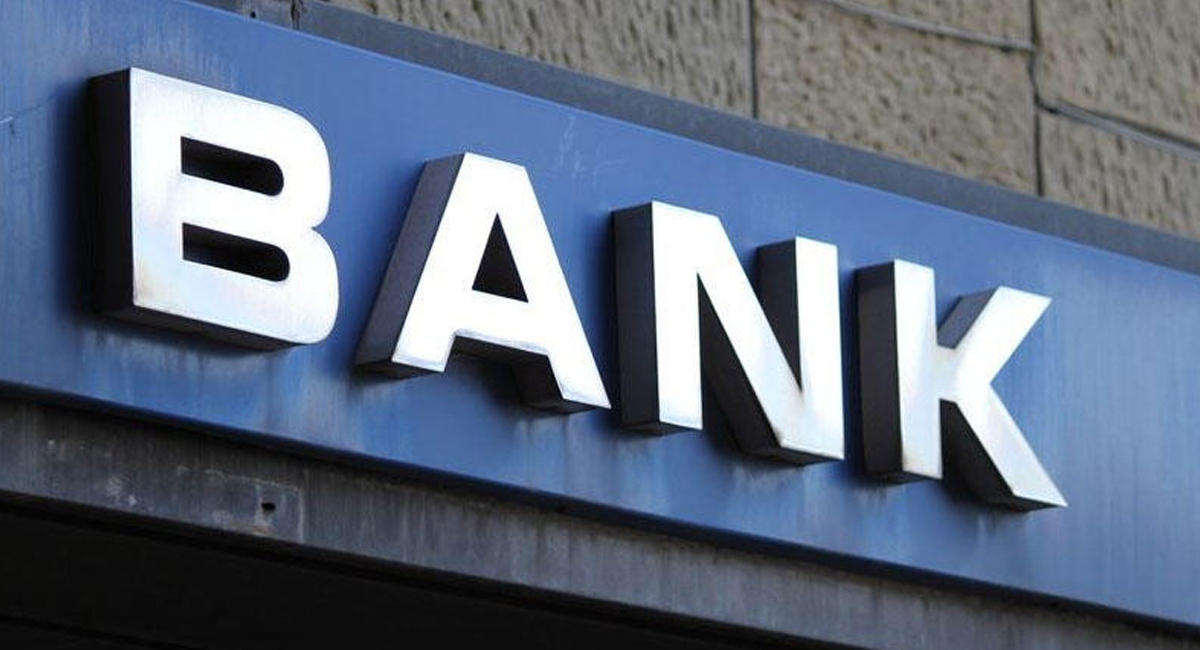
Hogg’s appointment as deputy governor ended in farce and exposed a lack of radical thinking in Threadneedle Street
It’s typically British to give a national institution a feminine nickname, such as “The Old Lady of Threadneedle Street” for the Bank of England, when it has been run for centuries almost entirely by men. Of course, the Bank is hardly alone in having been a male bastion but it has been particularly slow to change: while the country is on its second female prime minister, it is yet to have a female governor.
All that was supposed to change with the appointment of heir apparent Charlotte Hogg as one of four deputy governors last month. As chief operating officer since 2013, she was tasked by the governor Mark Carney, a Canadian Goldman Sachs alumnus, with making the Bank more modern and diverse.
“This governor is obsessed by modernity and the future. One of the things that gets him going is the changing nature of work, automation and diversity,” says a leading investment banker.
One Tory MP scoffs at the idea that Hogg can lecture on diversity
Unfortunately, and to the bafflement of colleagues, Ms Hogg was so busy delivering the Carney diversity programme that she failed to declare an interest in the fact that her brother works in banking. To make matters worse, she appeared unsure about aspects of monetary policy in front of a committee of MPs. Her resignation was accepted this week.
Her supporters, who had hoped she would be the Bank’s first female governor, are horrified. Once again there are no women in its top tier and only one on the nine-strong monetary policy committee that sets interest rates. George Osborne, the former chancellor and Hogg supporter, pointed the finger at prejudice. He tweeted yesterday: “Would she have gone if she had been an older man whose sister worked at a bank? I wonder. . . ”
Yes, “he” would have had to resign if “he” had helped to draw up ethical guidelines and fallen short of them. And I wonder if Mr Osborne is exposing the soreness he feels at seeing his work undone, with the sun setting on his pre-Brexit empire and lieutenants such as Mr Carney.
Not everyone is unhappy at the fall of Ms Hogg, the daughter and granddaughter of Tory ministers and viscounts. Says an anti-Osborne Tory MP: “Lectures from George and the Hoggs about diversity? Forgive me if I burst out laughing.”
Her family background is not Ms Hogg’s fault, of course. But within Threadneedle Street, her memos on the need to avoid hiring yet more pale, stale males were not universally popular, especially among pale males — stale or otherwise.
The upshot is that the Bank finds itself under fire at a critical moment, just when it should be preparing for the challenges and opportunities for national renewal presented by Brexit.
The Hogg saga will also bring forward discussion about Mr Carney’s successor and what kind of governor is needed. He leaves in June 2019, months after Brexit.
The Bank needs to reinvent itself and reconnect with Britain
Among the ranks of the other deputy governors is Sir Jon Cunliffe, a Treasury veteran in that institution’s moderately Eurosceptic mould who now oversees the financial stability function at the Bank. Andrew Bailey, a Bank lifer now running the Financial Conduct Authority, has a wide range of experience and is also moderately Eurosceptic.
The prime minister may have other ideas on candidates, and she is determined to appoint women when she can and to look for policy that appeals outside the Square Mile.
Male or female, what really matters is that the next governor approaches Brexit with the right attitude. Mr Carney’s doom-laden warnings about the consequences of leaving the EU, which became an important part of Project Fear during the referendum campaign, have cast a shadow over his remaining years in office. Mr Carney has since recanted, but his successor must be able to set a confident pro-Brexit course into the 2020s and grapple with monetary policy in an economy that will probably have higher inflation, not to mention a continuing squeeze on wages.
Ever since the reinvention of high finance in the 1980s, and during its recent Davos-man phase, the Bank has too often given the impression that it is insufficiently attentive to the needs of the pro-Brexit regions and nations outside London.
The Bank’s chief economist Andrew Haldane, as usual ahead of the game, addressed this problem in a speech last December in his native northeast. If the productivity gap between the successful richer and struggling poorer regions of the country could be closed, it would boost British growth.
The Bank used to have a more extensive network of regional offices, feeding intelligence back about the economy to the centre, but has allowed them to wither. There is scope to revive it, in the process reinventing a historical institution and reconnecting it with Britain.
That soubriquet “The Old Lady of Threadneedle Street” is thought to date back to the early 19th-century tale of the grief-stricken Sarah Whitehead, who turned up every day looking for her brother, a Bank employee, after he was supposedly executed for fraud. Bank officials paid her to stop visiting Threadneedle Street, and on her death the legend developed that her ghost haunts the place.
There is no reason to be spooked now. Charlotte Hogg would not have been the right choice for governor. Her departure is the ideal opportunity to set up a race for the succession and to identify someone who can help to shape Britain’s economy after Brexit.


